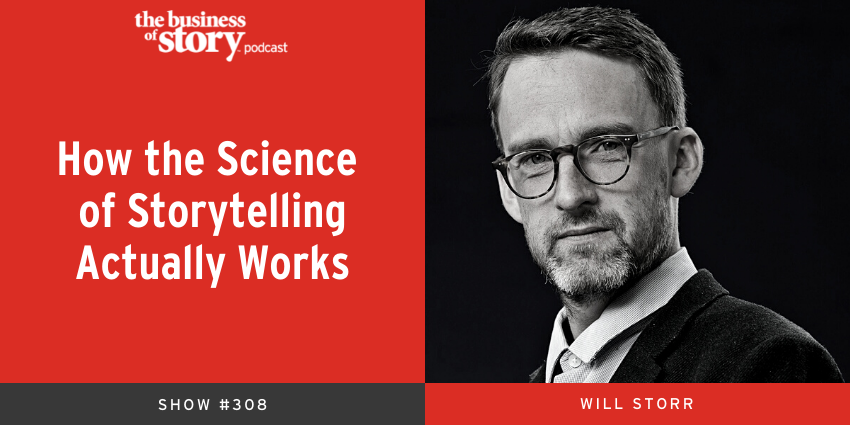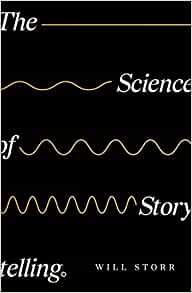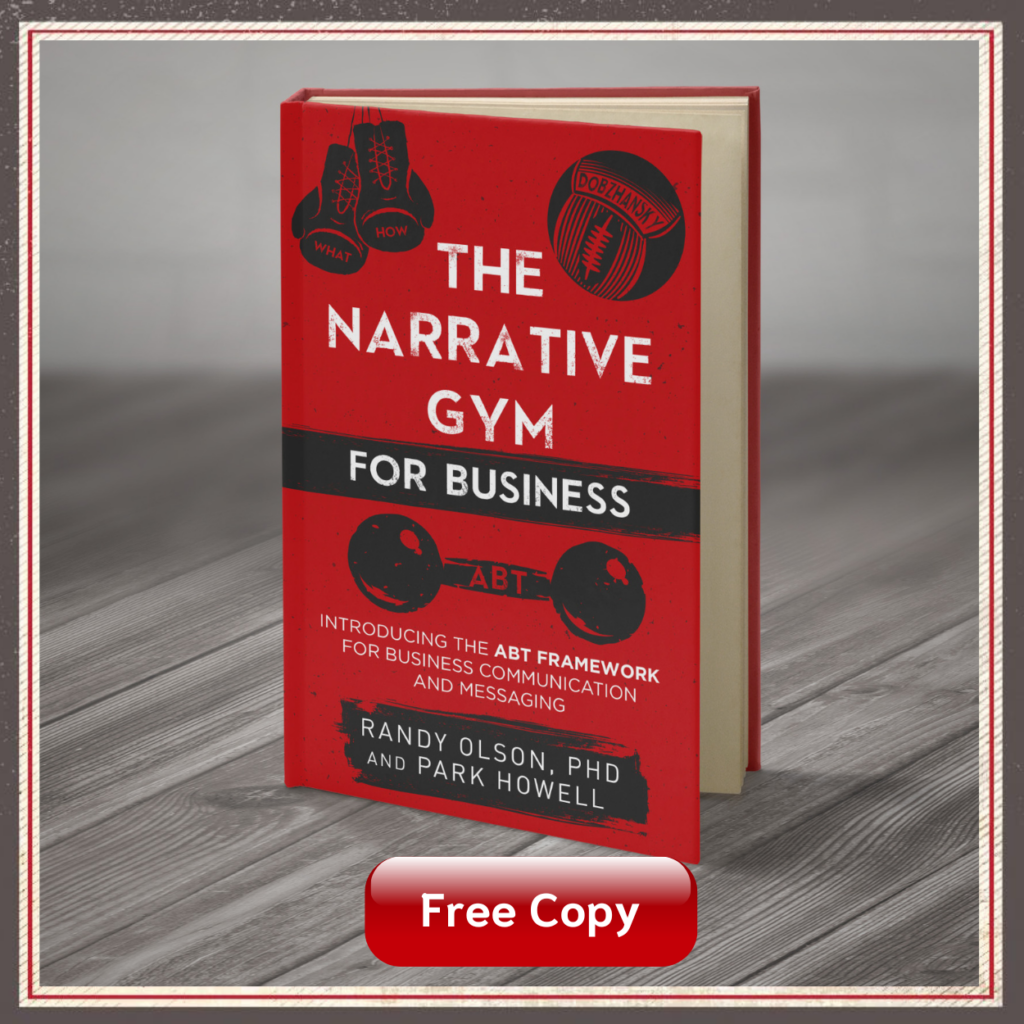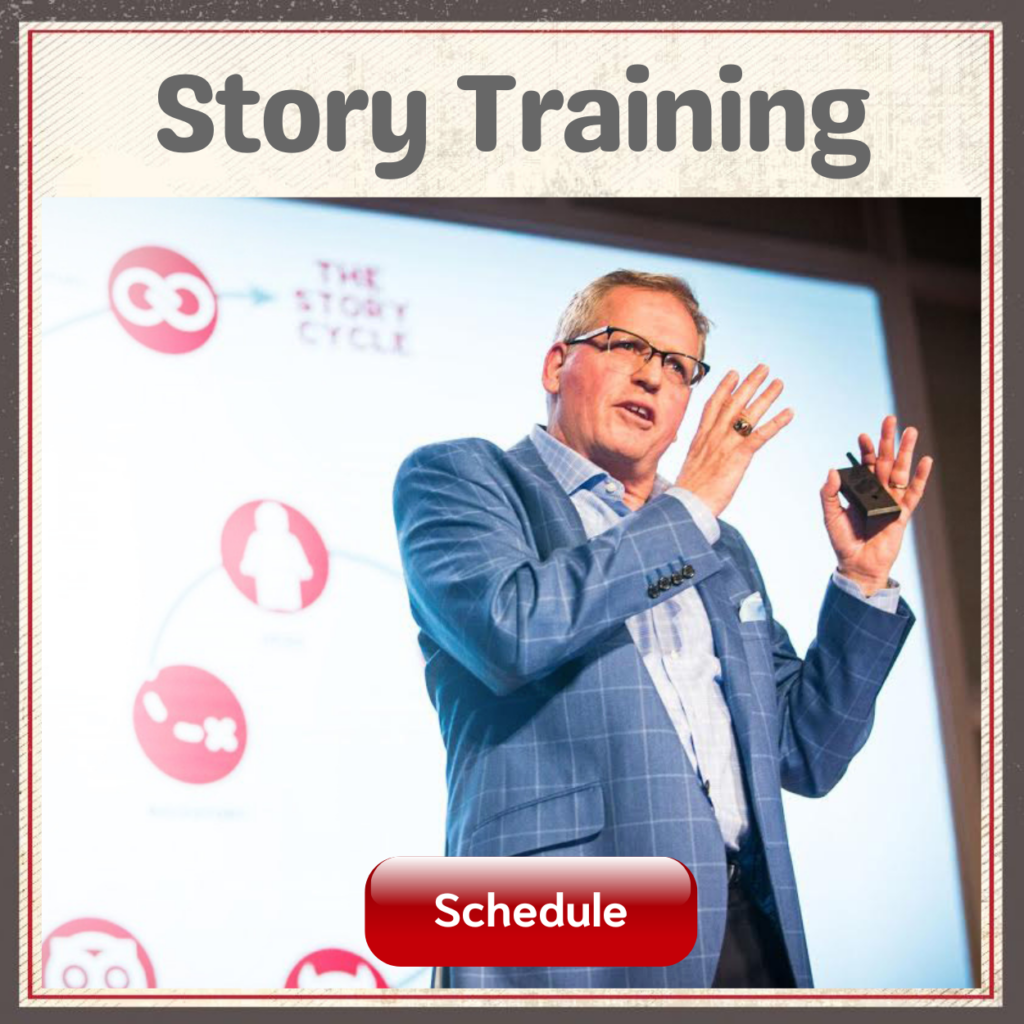
#308: How the Science of Storytelling Actually Works
There are many ways to tell a good story that can connect and captivate your customers. But what is the secret to converting and winning them over?
 The key is to truly understand the ultimate storyteller – the human brain. If you focus on understanding the basic language of the brain to tell your story, it gives you a clearer insight into the theatre of your customer’s mind. Allowing you to weave your story with their story so you can better connect and engage with them.
The key is to truly understand the ultimate storyteller – the human brain. If you focus on understanding the basic language of the brain to tell your story, it gives you a clearer insight into the theatre of your customer’s mind. Allowing you to weave your story with their story so you can better connect and engage with them.
In this week’s show we have guest expert, Will Storr to help us peel back the neuroscience of what makes stories work. Will is the author of five critically acclaimed books including The Science Of Storytelling: Why Stories Make Us Human, and How to Tell Them Better. His journalism has appeared in The Guardian, The Sunday Times, The New Yorker and The New York Times.
His array of prizes include a National Press Club award for excellence, the AFM award for Best Investigative Journalism, an Amnesty International Award for his work on sexual violence against men, a One World Press Award and the AIB Award for Best Investigative Documentary for his BBC radio series.
Will currently teaches popular storytelling classes in London and has been invited to present his Science of Storytelling workshop all over the world. He’s an in-demand ghost writer whose books have spent months at the top of The Sunday Times bestseller chart.
In this episode, we explore how understanding why stories work will help you and your sales team go from winging it to winning it with your brand storytelling.
Discussed in this episode
- The connection between cause and effect and how to take advantage of this principle to understand what makes stories work
- Why simplicity packed with meaning is key to powerfully communicating your brand story
- What is the ‘Theory of mind’ concept and how we get it wrong most of the time
- Why answering one of the most fundamental questions in storytelling, ‘Who is this person?” can help you manipulate and create compulsive stories to change your customer’s mind
Links
 Listen To More Episodes
Listen To More Episodes








